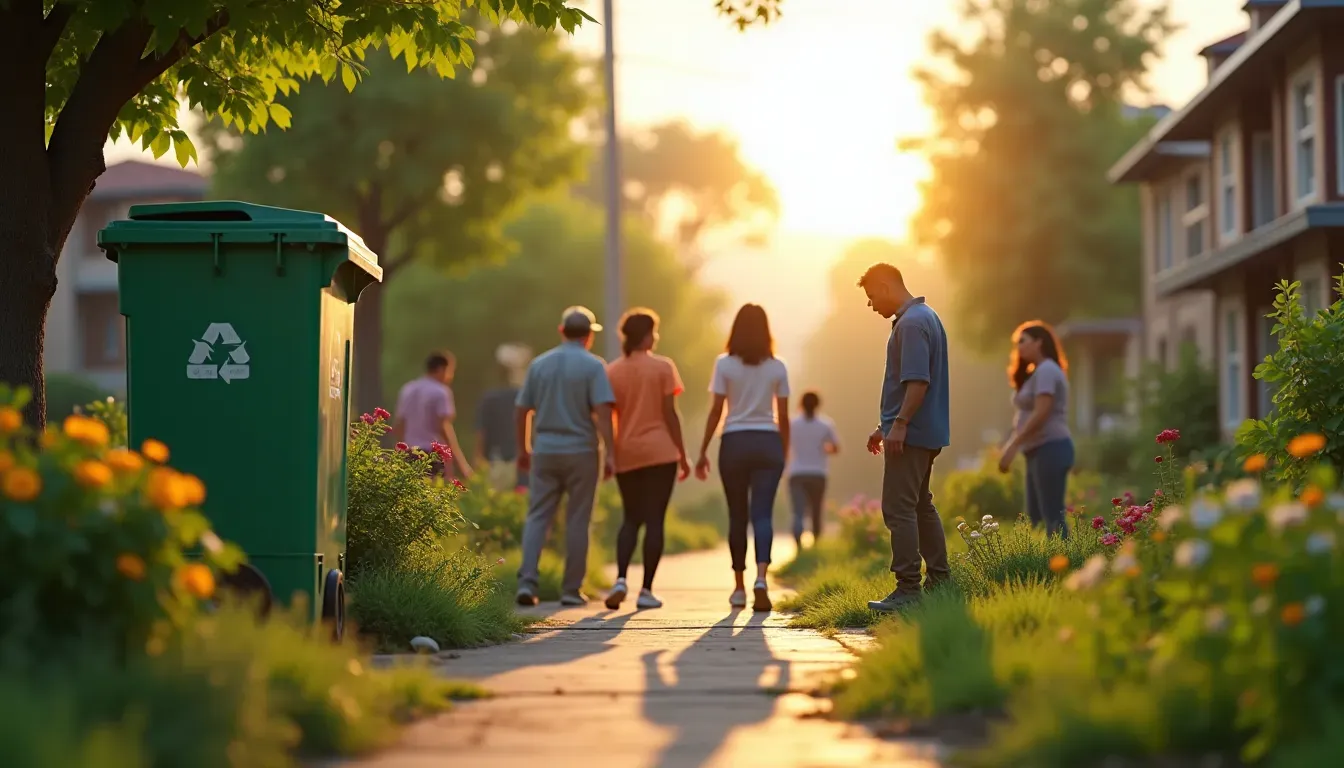In a world where global environmental challenges are becoming increasingly urgent, the adage "charity begins at home" holds profound significance. Embracing ecological responsibility from a local perspective can be a powerful catalyst for change. Community involvement and sustainable living practices are pivotal in ensuring our planet remains hospitable for future generations.
The Nexus of Charity Begins at Home and Ecological Responsibility
The concept of "charity begins at home" underscores the importance of individual actions in fostering broader societal changes. Local perspectives on ecological responsibility highlight this by emphasizing the role each person plays in environmental stewardship. A focus on local communities provides a foundation for sustainable living through daily habits that prioritize resource conservation and waste reduction.
Community Involvement: The Heart of Sustainable Living
Community involvement is a driving force behind successful ecological initiatives. By fostering a collective sense of responsibility, communities can effectively address local environmental issues. Some common ways communities engage in sustainable practices include:
- Setting up community gardens to promote local food production and reduce carbon footprints.
- Organizing regular clean-up drives to maintain natural spaces and increase awareness about pollution.
- Hosting workshops on recycling, composting, and energy-saving techniques.
These activities not only encourage ecological responsibility but also reinforce the idea that sustainable living is achievable through local efforts.
Local Perspectives: Tailoring Solutions to Unique Needs
Local perspectives are crucial in tailoring ecological responsibility efforts to fit unique community needs. What might work in one region could be ineffective or unsustainable in another. By understanding local ecosystems, resources, and cultural contexts, communities can devise innovative solutions that align with their specific challenges and opportunities. This approach facilitates a deeper connection between individuals and their environment, leading to more meaningful and impactful change.
The Role of Education in Promoting Ecological Responsibility
Education plays a pivotal role in fostering ecological responsibility. By integrating environmental education into local schools and community programs, individuals become more informed about sustainable living practices. Educational initiatives create awareness and inspire action, encouraging people to make environmentally conscious decisions in their daily lives.
Steps to Promote Sustainable Living at Home
Charity begins at home, extending from the individual to the community. Here are some practical steps you can take to promote sustainable living within your own household:
- Reduce energy consumption by using energy-efficient appliances and turning off lights when not in use.
- Implement a recycling and composting system to minimize waste.
- Opt for public transportation, cycling, or walking to reduce your carbon footprint.
- Support local farmers by buying produce at local markets.
Connecting the Dots
By acknowledging that charity begins at home, we recognize the power of local perspectives in shaping a sustainable future. Community involvement and ecological responsibility go hand in hand, with localized actions leading to global impacts. As we embrace sustainable living, we pave the way for a healthier planet, one community at a time.
For more information on sustainability initiatives and community engagement strategies, continue exploring our resources.




